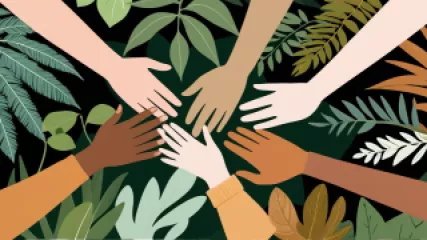How to Effectively Manage Stress as a Digital Nomad
1 year ago
Digital Nomad Psychology
The 10 Best Parenting Tips for Single Parents
1 year ago
Parenting Tips
Conquering Fears: A Research-Backed Guide for Personal Growth
1 year ago
Conquering Fears
Creative Intelligence: Unveiling the Diverse Spectrum of Intellect
1 year ago
Intelligence Theories
How to Cultivate Altruism: A Step-by-Step Guide to Self-Care
1 year ago
Psychology of Altruism
Articulating My Emotional Journey: A Personal Narrative
1 year ago
Expressing Feelings Effectively
Proven Strategies to Overcome Peer Pressure
1 year ago
Peer Pressure
5 Steps to Integrating Spirituality for Emotional Healing
1 year ago
Spirituality and Mental Health
The Altruistic Mind: Exploring the Psychology Behind Selfless Acts
1 year ago
Psychology of Altruism
How to Use Therapeutic Writing for Mental Health
1 year ago
Therapeutic Writing
How to Develop Leadership Influence: 5 Key Psychological Principles
1 year ago
Psychology of Leadership
Support for Handling Letdowns: An Interview with a Resilience Expert
1 year ago
Dealing with Disappointment
My Journey to Improved Mental Health as an Adolescent
1 year ago
Mental Health in Adolescents
A Personal Journey Through Changing Life Stages
1 year ago
Life Transitions
10 Best Online Mindfulness Communities to Join
1 year ago
Mindfulness














